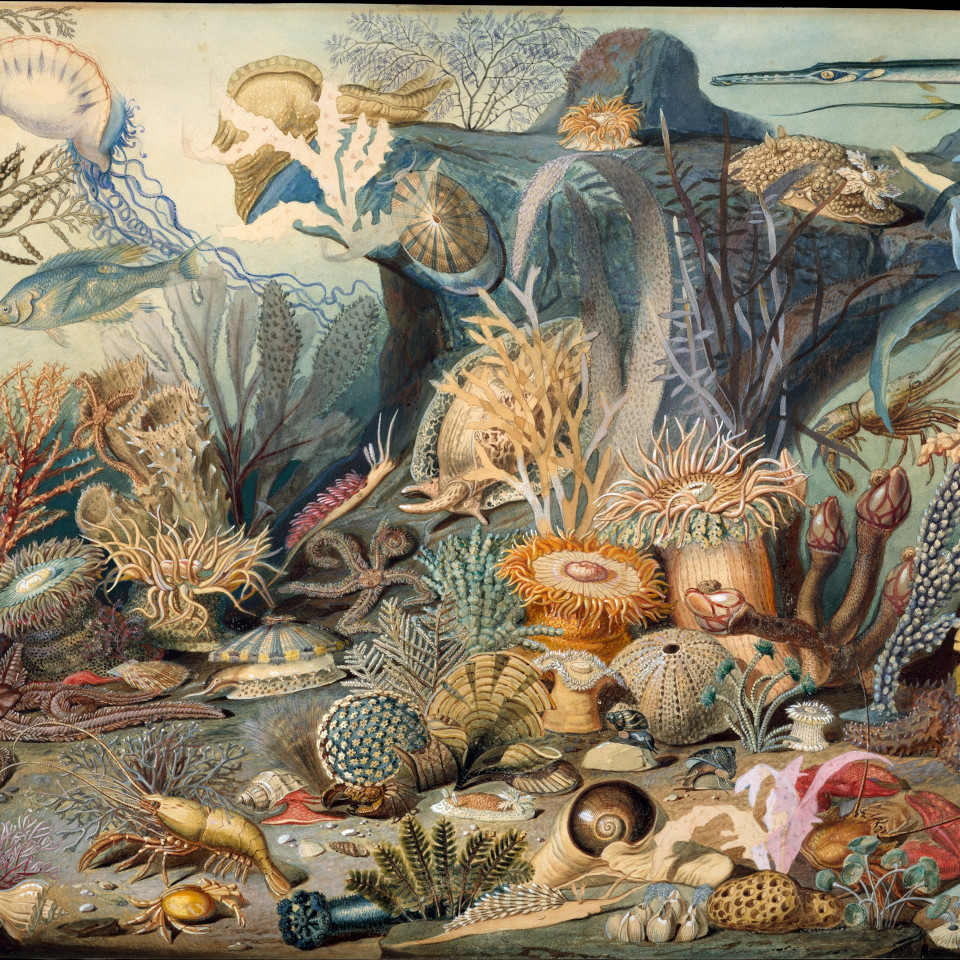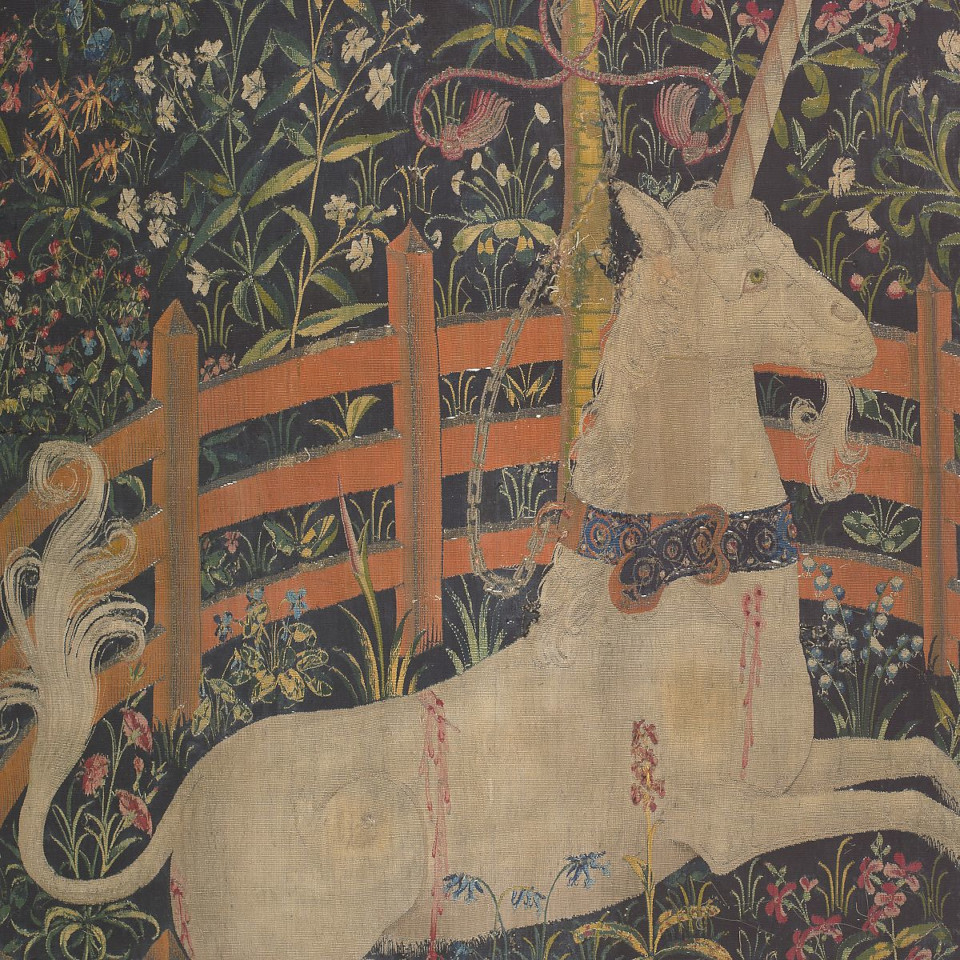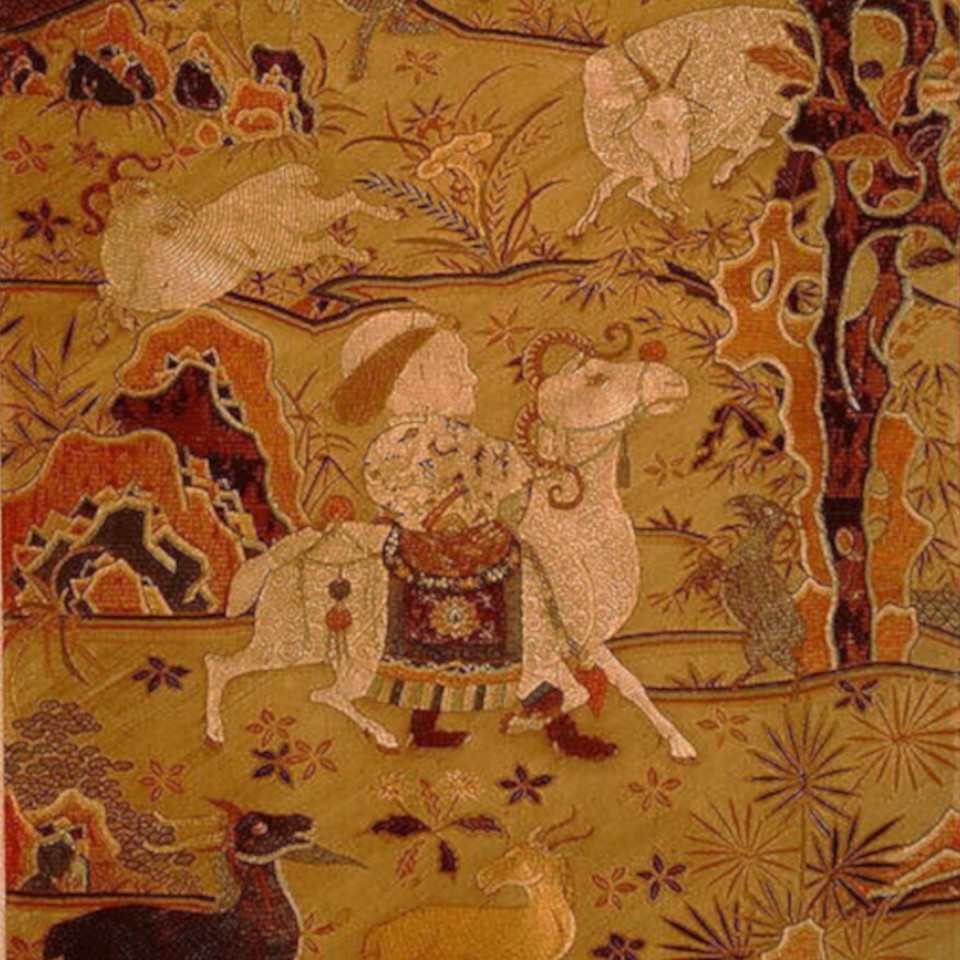
Action is the initiating impulse without which nothing gets set into motion.
It needs to be strong enough in the beginning in order to overcome the natural resistance to change, and during that time it imposes a lot of effort on you, both physical and emotional.
The length of this initiating period is unpredictable and its results are uncertain, and that’s when most people quit.
The originating impulse behaves like a wave. It needs time to propagate through all the parts involved in your project; the results of your actions can postdate your efforts by years, even decades.
What is important to remember is action always creates outcomes.
They may be diluted by the lack of resolve and rendered unrecognizable by confused planning, they can be delayed by external circumstances, but the outcomes of your actions always manifest, sometimes years after you forgot the original goals.

Timing harnesses synchronicity, and it is an awe-inspiring and elusive art.
It is difficult to describe, but easy to recognize in action, where the supporting simultaneous events are usually interpreted as extraordinary strokes of luck.
Timing relies on the understanding that opportunities and trends clump together, not unlike matter behaves when attracted by a center of gravity, or electrons by a magnetic field.
One could describe timing as being in the right place at the right time, but it’s a lot more than that. Timing allows one to sense the direction and speed of events, sight unseen, in the absence of pertinent data.
It is to decision making as perfect pitch is to hearing: impossible to teach, but can be enhanced by discipline and sustained training.

Assurance is a measure of your conviction in the usefulness and success of your goal.
It differs from ambition or willpower in that it acts passively. You can’t will yourself to be sure of something. You either are or you are not. Willpower usually defeats the purpose.
Assurance, like muscle memory, acts in an unconscious and unquestioned fashion.
Once gained, it sinks beneath the threshold of thought and is available to you going forward, like the ability to read, write, walk, grasp for objects with precision, or ride a bicycle.
Assurance grows with practice, and success breeds more success. Before success, it’s a bit of a Catch 22. Luck gets involved, instinctive recognition of inborn skills, getting the right guidance.

Nothing happens in a void.
Concurrence is the art of recognizing and using favorable events in real time to catalyze your purpose.
Concurrence works in tandem with timing, but it isn’t an active tool, it’s a measurement: it tracks the composite influence of external events, which are outside of your control, on your desired outcome.
It’s easy to recognize concurrence looking back through history.
In its positive manifestations it creates schools of thought whose principles permeate every aspect of culture: the Da-Da movement, Renaissance, postmodernism.
Ideas outside the trend rarely have enough momentum to swim against its strength and meet significant resistance to being turned into reality.
Sometimes they create new trends, but that is less likely than winning the lottery.

Focus is the ability to hold a concept steady inside your mind.
Of course it’s not that complicated, if circumstances allow, nobody disapproves, something very urgent doesn’t come up, life doesn’t offer more tempting alternatives, you don’t encounter resistance, your mental wheels don’t spin so fast you can’t even hear yourself think, it doesn’t threaten your comfort or unsettle your current circumstances, you don’t have to wait for the result, it’s not a low priority, the list is basically endless.
Focus is very simple in theory: you decide what you want to do and keep that goal front and center in your thoughts.
In practice, I wish you the best of luck.

Feeling is an internal sense of how things are, which resides outside of the quantifiable realm of reason and data.
It’s an instinct, much older than reason; the latter evolved to replace it with more precise and reliable tools, like the scientific method and analysis.
That is a pity, because feeling is a sense, not a method, and there is nothing gained from dismissing it as useless superstition. Far removed as we are from our atavistic roots, we still find usefulness in the fight and flight response and our snake aversion. Feeling is just a more sophisticated form of that.
In the negative, it works as a subtle warning, an omen, often dismissed at its owner’s peril.
In the positive, it anticipates the joy of reaching your dreams, and actually works to fuel them, as they happen.

Vision is the blueprint of your desired goal.
Every action starts as an idea in your mind. Vague ideas yield vague results.
Obvious as it sounds, when you decide to pursue a goal, you have to know what you want it to look like, when achieved; the more detail, the better.
This applies to abstract goals, like making a difference, just as much as it does to practical tasks, like planting a garden.
Vision doesn’t paint foggy dreamscapes, and it doesn’t draw complete sets of plans.
It creates clear and detailed diagrams, flexible enough to grow with the development of your concept and change according to the realities on the ground.
No vision, no planning, no outcome.